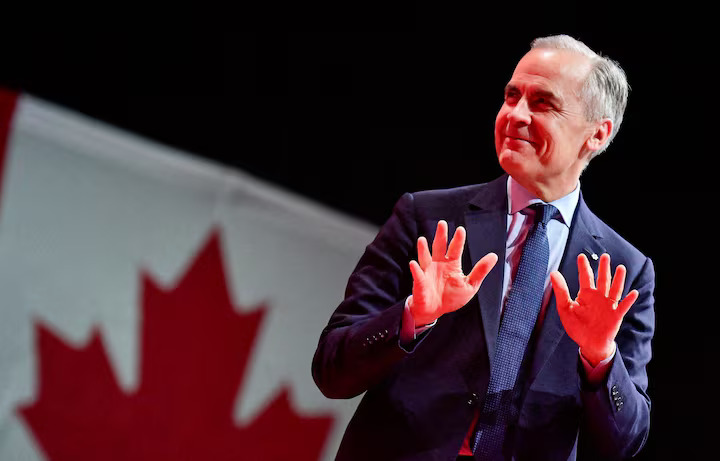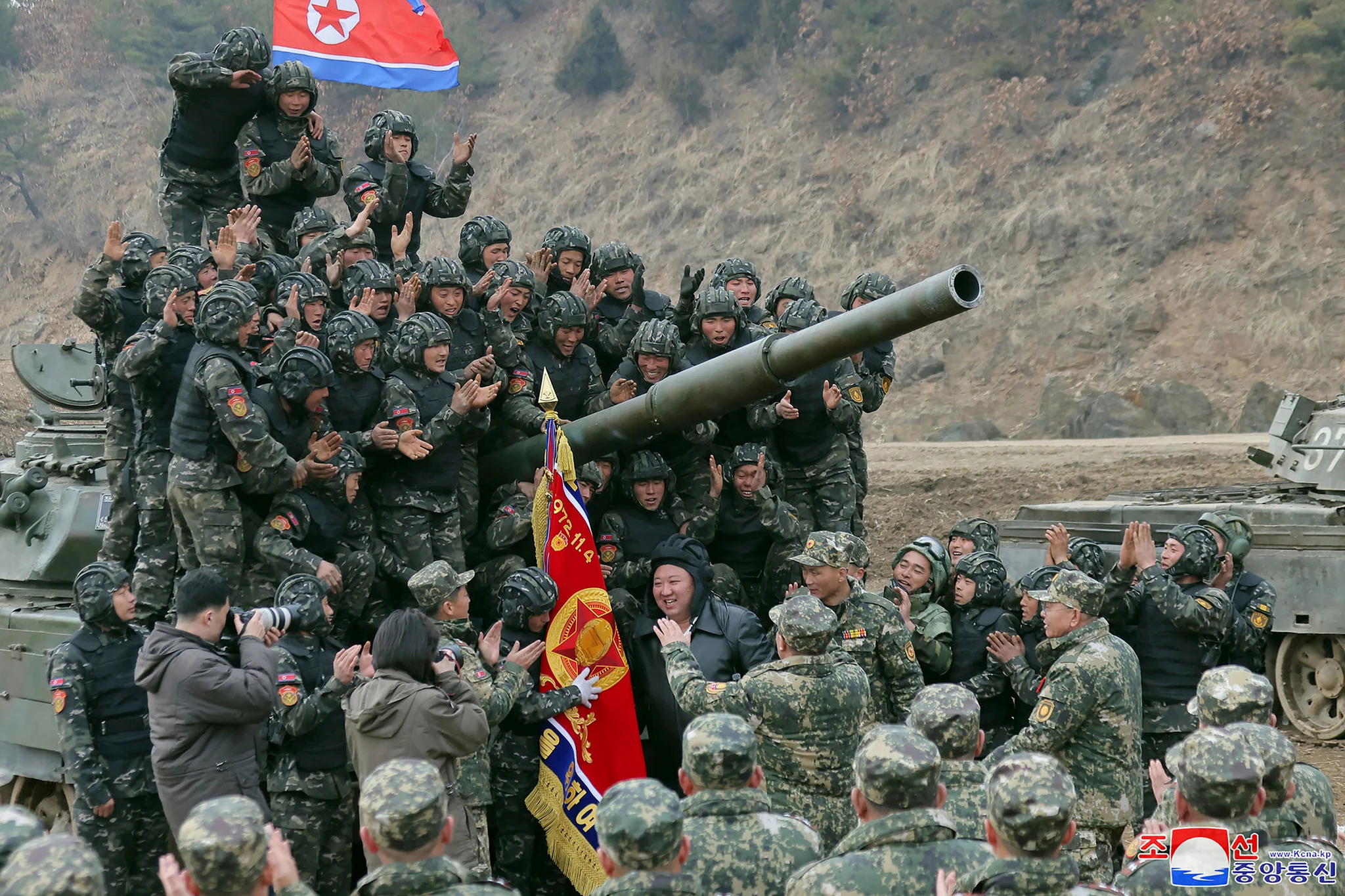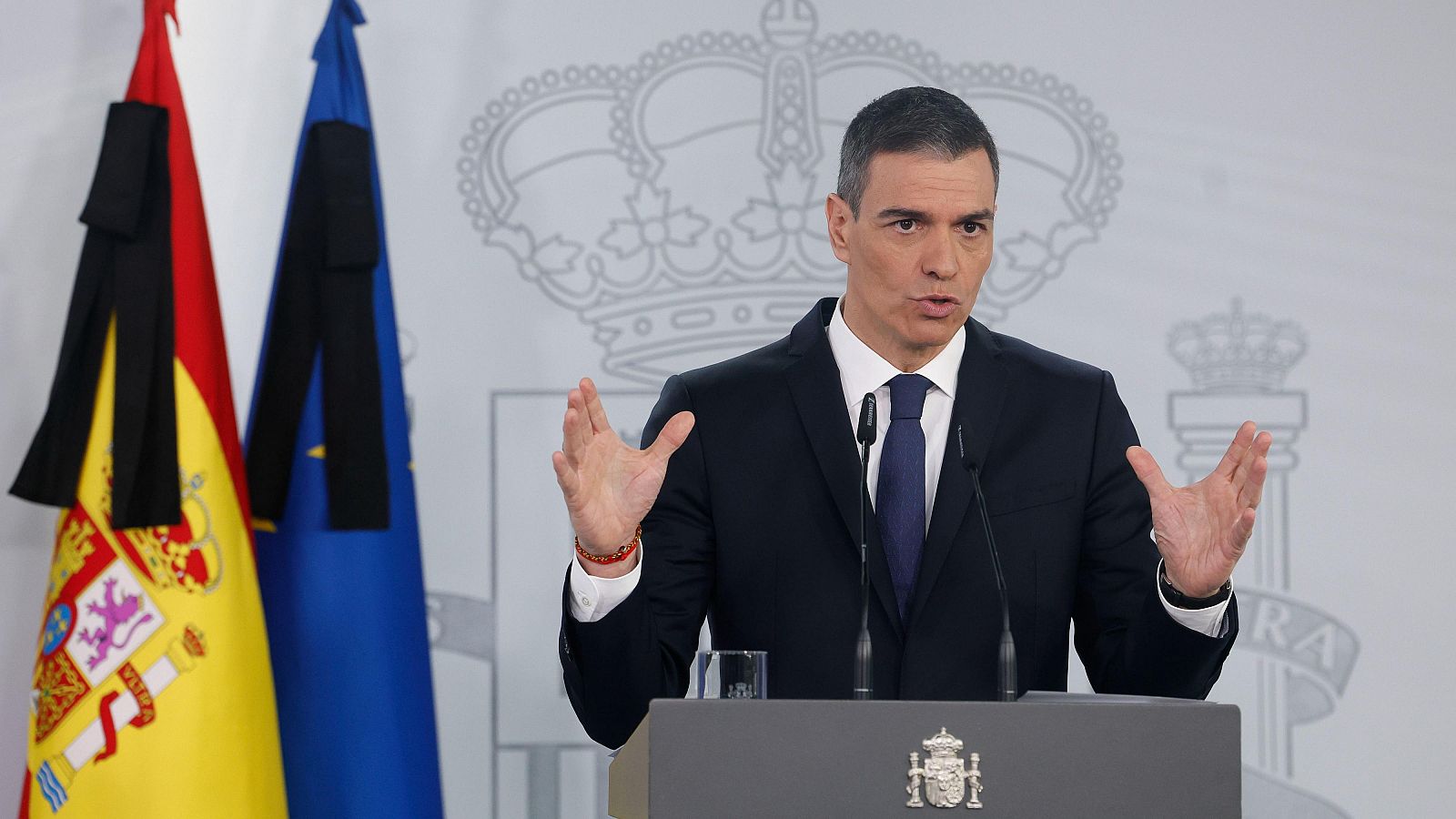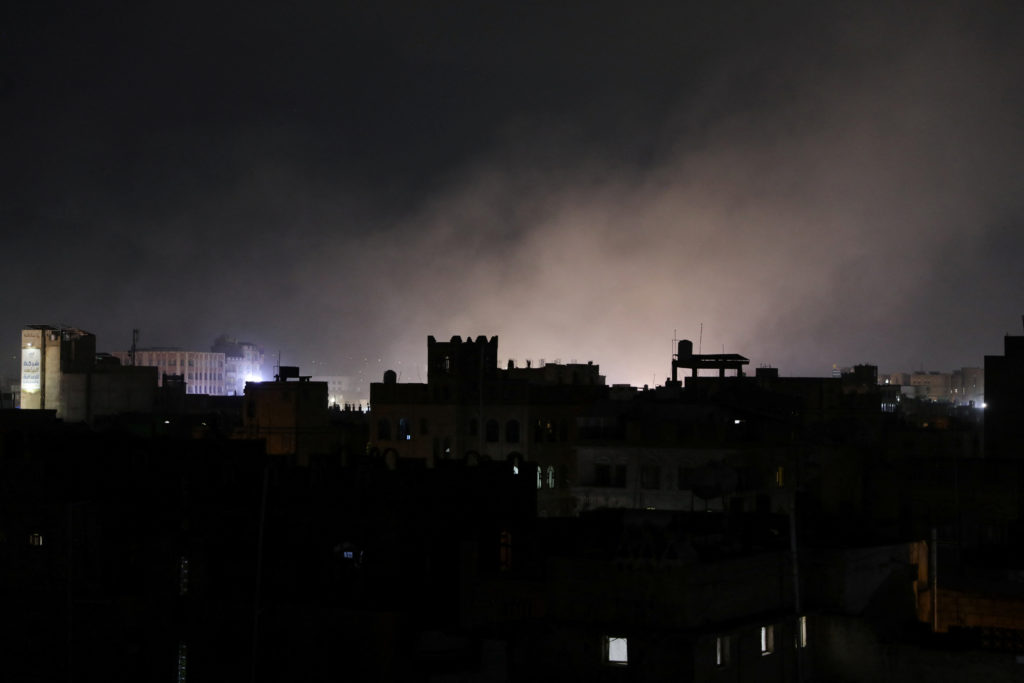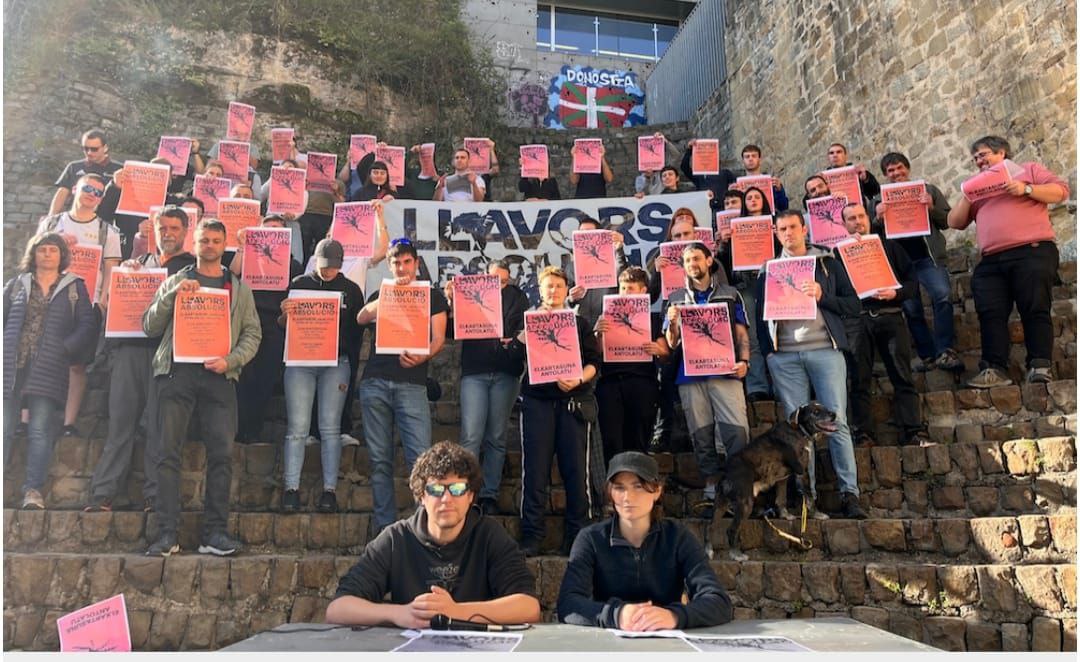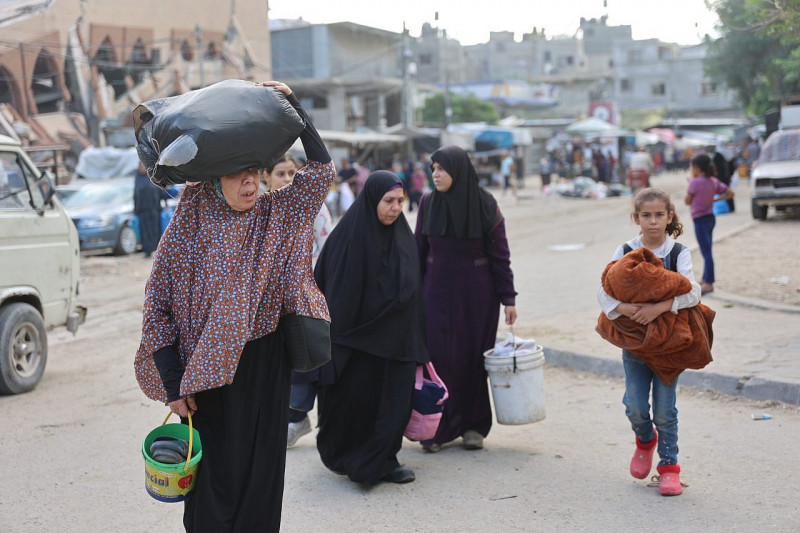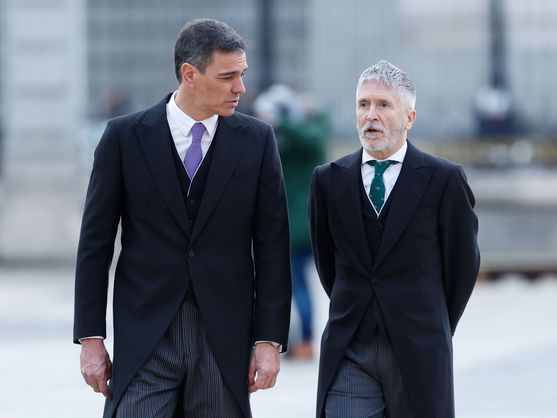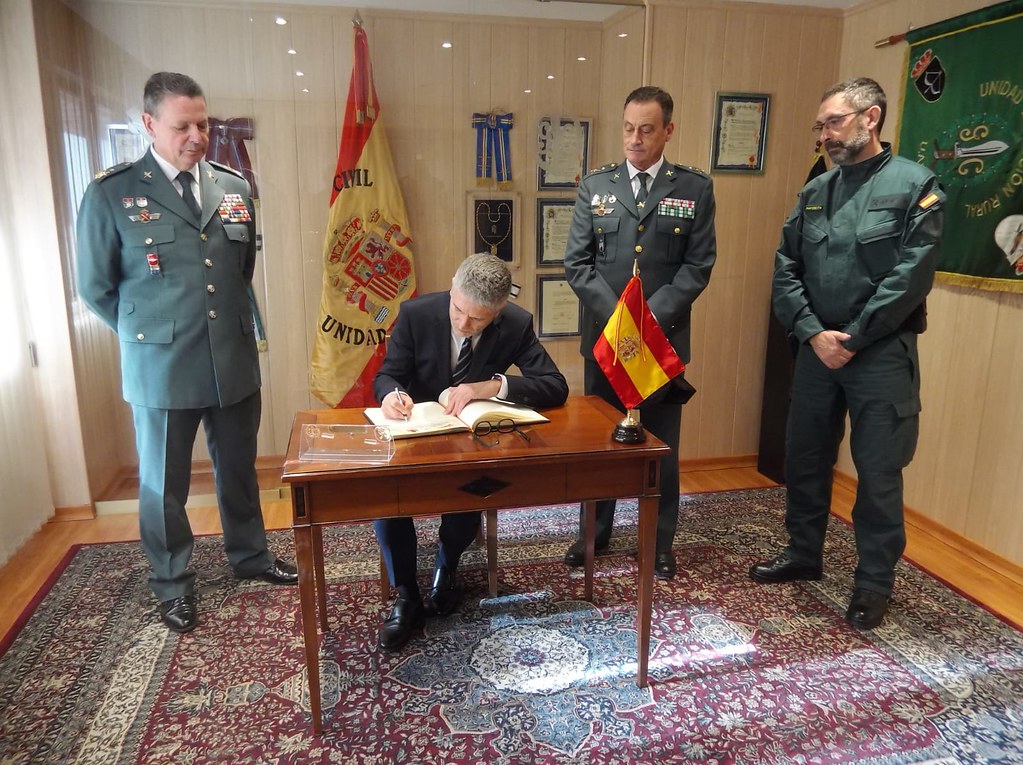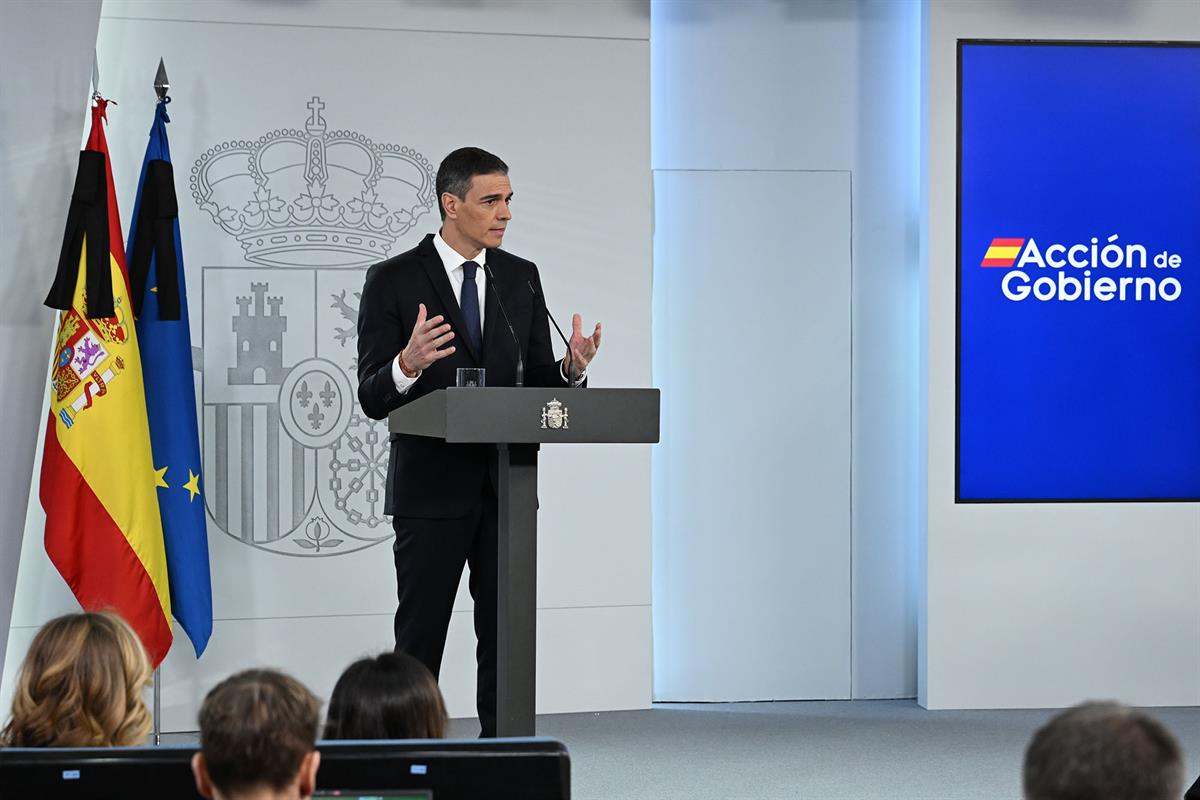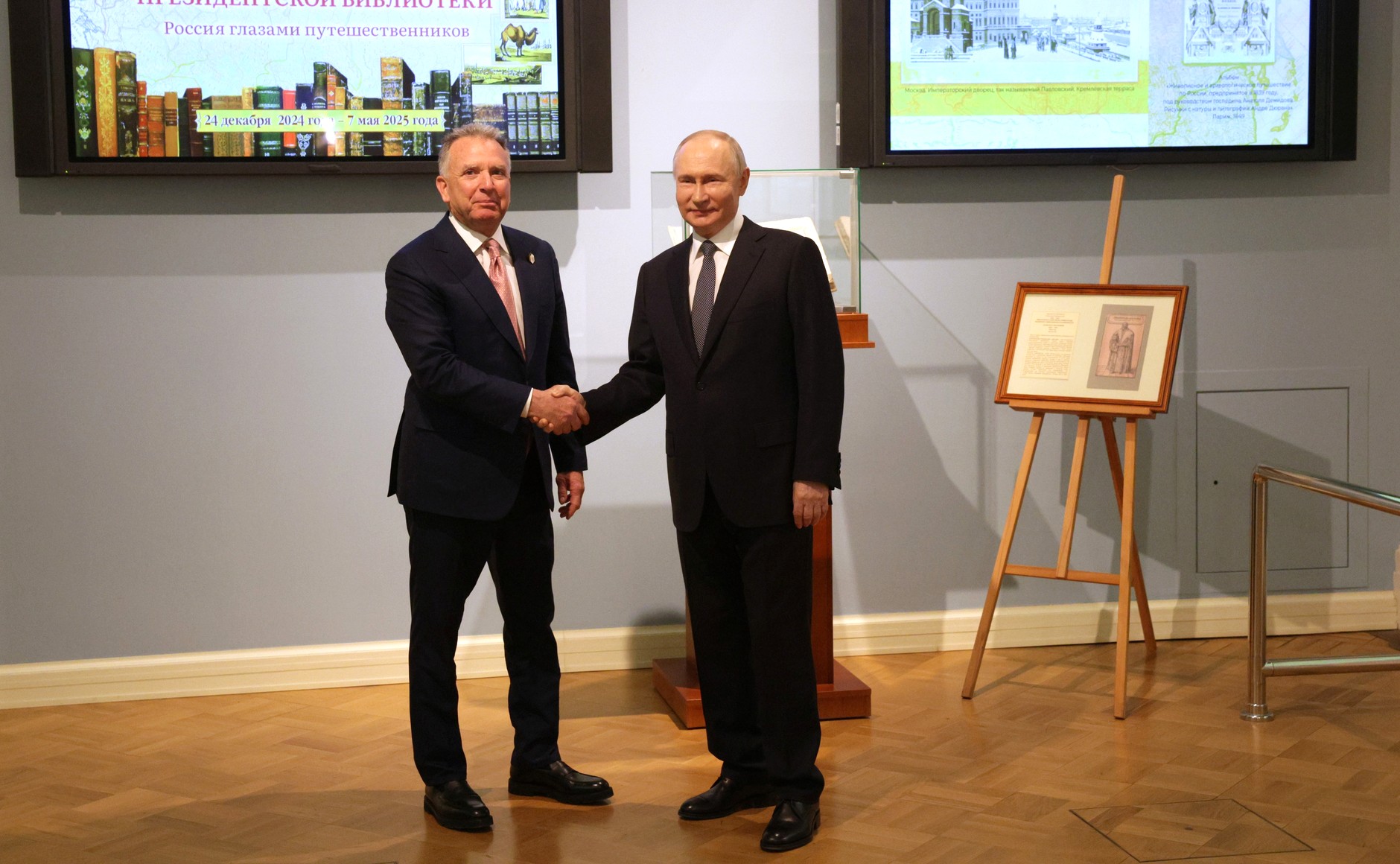Its underground lithium can influence as much as the barbarism of the Taliban in setting the international strategy
- Twenty years later, the Taliban are back in power in Afghanistan. When it comes to deciding the position of international states towards this new government, the Taliban’s mindsets and savage policies will influence. The person who is buried shall be re-discharged. Afghanistan is a mineral rich in minerals and metals, including lithium, an essential mineral for channelling ecological transition. You know that very well and the calculations are on the way accordingly. Which ones? China.
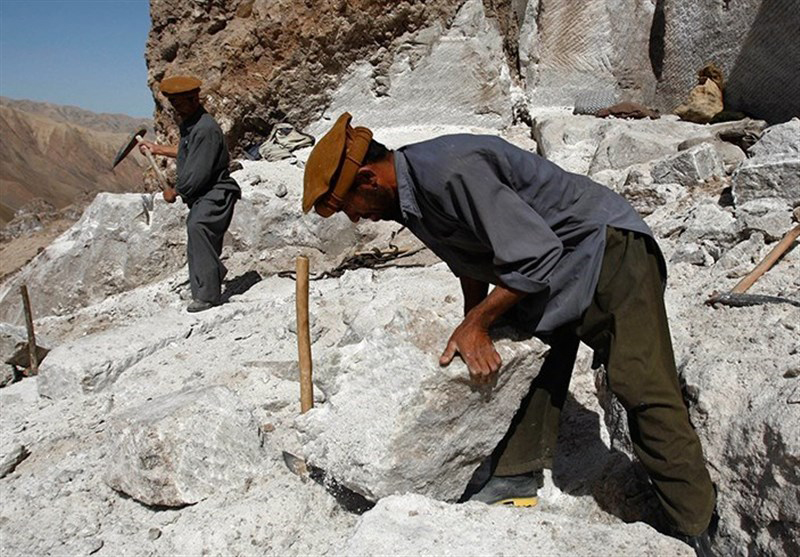
The Saudi Arabia of Lithium can become Afghanistan” could be read in an internal document of the United States Defense Ministry of 2010, which was published in its day by the media The New York Times. American geologists discovered that the lands of Afghanistan were very rich in lithium, to the point where, according to their official estimates, they amounted to $1,000 trillion. It has also been heard in recent days that it is one of the most important reserves in the world, such as Australia, Chile or Argentina. It is a mineral known as “white gold”, of little interest until two decades ago, but whose importance has changed radically since the year 2000. Demand has increased and is increasing day by day, increasing global production every year by 20%, which in 2017 was exploited 43,000 tons when in 2010 it was 28,100 tons. The reason: it is an essential element for new technologies. It's the mineral we cause in mobiles, computers, wind farms and solar energy storage areas, as well as in electric cars.
In this sense, it is the gold necessary to satisfy our appetite for consumption and, in addition, in the fight against the climate emergency, it will be essential to carry out the changes presented as a “transition”. Let us suppose that, in the framework of the Green Deal or the Green Pact, the European Commission has a decision to ban in 2035 the sale of cars circulating for petrol or diesel. In fourteen years' time all new cars registered in Europe will have to be electric. “Decarbonisation has become a priority in responding to international climate goals and since 2010 investments in renewables have accelerated (about $3,800 billion). In 2020, more than $500 billion was earmarked for investments in low-carbon technologies (hydrogen, CO2 capture and storage, electrified vehicles...), that is, more than in the hydrocarbon collection and exploitation sector”, can be read Métaux et terres: vers une pénurie source de tensions géopolites (Sources of precarious metals and geopolitical lands). For the European Union, the need for lithium will be multiplied by 60 by 2035.
That is to say, lithium is going to be what oil had to be: the resource necessary to advance in ourselves and in itself; the one that derives the exploitation of ecological and social damage; the one that is in limited quantities and, of course, the one that produces geopolitical effects – there is no doubt that this mineral will influence the decisions that the international states will take with regard to Afghanistan.
In addition, Afghanistan is the place where uranium, aluminium, gold, copper, cromite, platinum and silver, other minerals and various metals, with a wealth of almost EUR 2,500 billion, between 1.1 and 1.4 million tonnes. “They are essential components for modern technology. On mobiles, televisions, hybrid motors, computers, lasers and batteries are all in place”, as can be seen in the report Afghanistan’s mineral resources are a lost opportunity and a threat (Lost stop and risk are Afghanistan’s mineral resources) by The Diplomat.
China: the transition to geopolitical decisions
The United States and the United Kingdom have spent 20 bloody years of the invasion of Afghanistan, the Taliban are back in power in Afghanistan and the recognition that the international states and institutions are going to give to the government of the Taliban remains to be seen. Since 15 August, when China has already fled its president, AshάGhani, it has brought out the light for relations with the Taliban. It is precisely because it follows the strategy of tackling the climate crisis by directing its geopolitical decisions – and, of course, by looking at the wealth that this will entail economically.
Of course, symbolically and politically it has a lot to do with China's consolidation of Afghanistan, a symbol of the failure of the United States. Of course, they are neighborhoods, they have a 76-kilometer border between them, and Beijing wants to maintain good relations with the Taliban, so as not to develop relations with the Yugur community, Muslims in the Xinjiang region who suffer immense persecution, discrimination and controls on the part of Beijing, which today are more than a million detained and isolated grandchildren in “political re-education camps”. But he is well aware that the minerals deposited in the lands of Afghanistan are going to be essential in the near and middle future.
The technology and transition market is dominated by China, to the extent that Europeans become fully dependent in Beijing – according to the European Commission, 98% of EU imports of rare earth come from China –. The control and/or ownership of the mineral areas are essential to ensure this superiority. China has calculated: It says that by 2049 it will become the world's first force, and among other things, the basis of wealth is the content of these new energy sources.
To achieve this, Xi Jinping presented in 2013 a gigantic Belt and Road or Belt and Road project, known as the New Silk Road, which connects China with East Africa and the Mediterranean, demanding the Middle East and Central Traviesa. It has agreements with 125 States and has over 3,000 projects focusing mainly on infrastructure (motorways, ports, railways and gas stations). Among others, with the aim of channelling energy and minerals. It also signed the first protocol with Afghanistan in 2016, with the inclusion of several conventions and the guaranteed security status, it may be thought that it will continue with the Taliban on the same road.
However, the development of mineral exploitation would have dramatic ecological and social consequences for Afghans already in a critical situation. Also on this occasion in the name of the interests of the Westerners, to continue in our frenzied green painted consumption. Raw materials journalist Guillaume Pitron explains: “We, the Western countries, are not obliged to assume the ‘mining load’, and we leave production to other countries, because a mine is always dirty, because the extraction and refining of the mineral is an unsustainable environmental cost. We want a greener world, but we don’t want green pollution.”
Botoen %99 zenbatuta, Mark Caney egungo lehen ministroa buru duen alderdiak 168 aulki lortuko lituzke Komunen Ganberan, eta lau gehiagorekin osatuko luke gehiengoa. Alderdi Kontserbadorea izan da bigarren bozetan, 144 eserleku lortuta. Duela lau urteko hauteskundeetan baino... [+]
Hedabideetan nahiko aipatu dira asteleheneko itzalaldiak gizartean eragin dituen ondorioak, baina nahikoa aipatu al da gertakari horrek agerian uzten duena? Besteak beste, bi auzi nagusi: bizirauteko energiarekiko dugun menpekotasuna eta azken urteetan gertatzen ari den zerbitzu... [+]
Zer lor nahi zezakeen Ipar Koreako erregimenak Errusiaren gerrarako egindako odol-ekarpenarekin? Batetik, eskarmentua; bestetik, elkarrekikotasuna.
Egunak argitzerako itzuli da argindarra ia-ia leku guztietara. Euskal Herrian baino atzeratuago egin du Espainiako Estatuko lekurik gehienetan, baita Portugalen ere. Normaltasun itxura gaur Euskal Herrian, baina goizeko lehen orduan ez dira funtzionatzen ari aldirietako trenak... [+]











